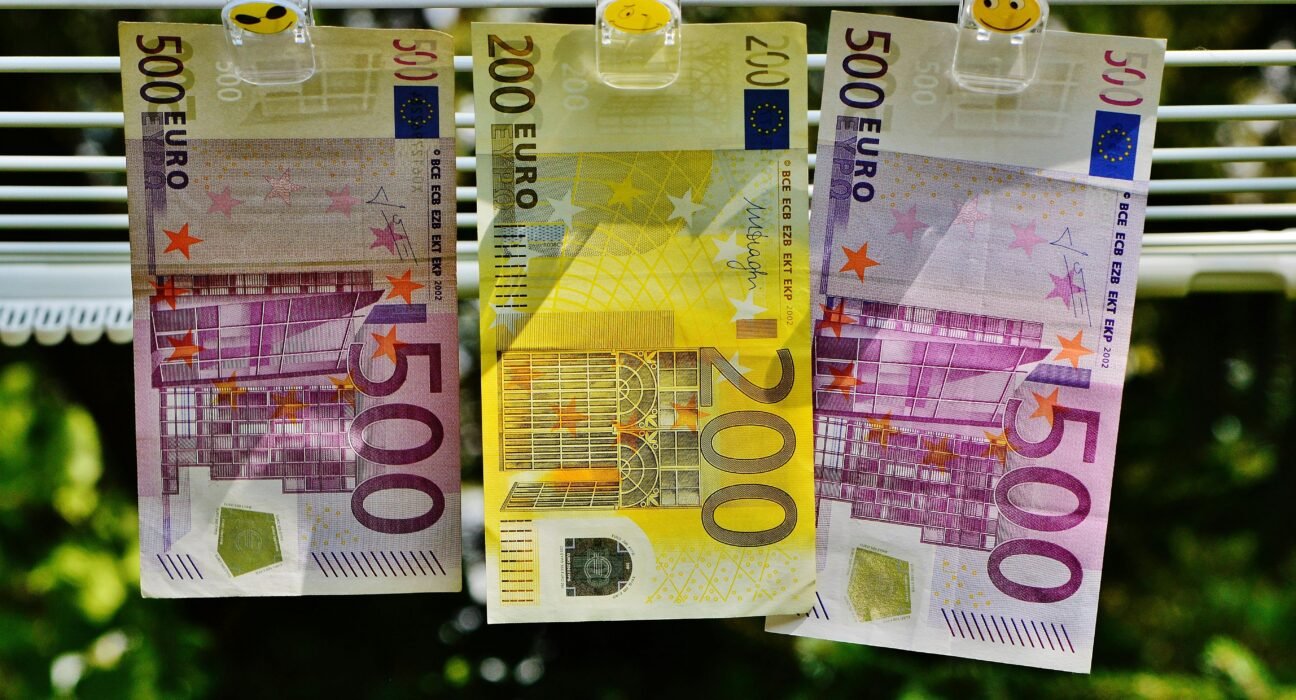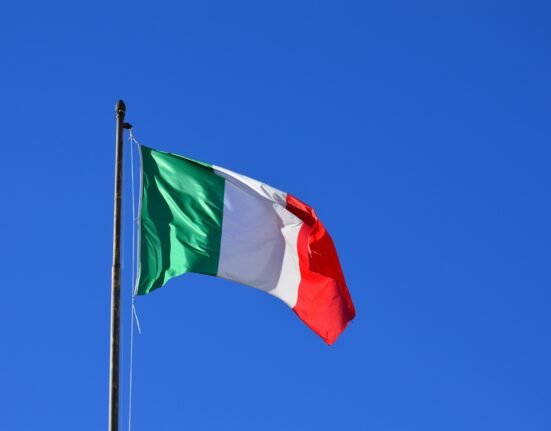European Gaming and Betting Association targets heightened anti-money laundering measures across licensed operators
The European Gaming and Betting Association (EGBA) has concluded its second annual review of member compliance with its anti-money laundering (AML) and counter-terrorist financing (CTF) guidelines, paving the way for enhanced regulatory standards set to roll out in 2026.
The voluntary framework, introduced in 2023, applies to all EGBA member operators and aims to standardize AML practices across Europe’s fragmented regulatory landscape. With EGBA members accounting for 33% of Europe’s gross gaming revenue, the guidelines are seen as a benchmark for broader industry adoption.
Compliance Review Sparks 2026 Overhaul Plans
According to the EGBA, the latest monitoring cycle—finalized last week—highlighted both progress and areas for refinement. As part of a proactive update strategy, the association has now signaled that revised AML guidelines will be introduced in 2026.
One of the most anticipated changes is the likely introduction of a minimum list of AML-related documentation that operators will be required to submit, reinforcing transparency and oversight obligations. The proposed changes follow a risk-based compliance model, ensuring that AML/CTF efforts are proportional to identified risks across different jurisdictions and operational contexts.
Core Areas of Expected Reform
EGBA has outlined key focus areas where updated guidance will be issued, including:
Risk Assessments: Enhancing the granularity and frequency of AML risk profiling.
Payment Flows: Tighter scrutiny over deposits, withdrawals, and third-party transactions.
Outsourcing Controls: Clearer protocols for AML responsibilities in B2B and white-label arrangements.
Sports Integrity: New mechanisms to address potential match-fixing and betting market manipulation, particularly in emerging verticals like esports.
These updates reflect a broader EU-wide push for stricter AML compliance, particularly in the wake of high-profile scandals such as Danske Bank’s €200bn money laundering case, which prompted regulatory tightening across financial and gambling sectors alike.
Industry-Wide Appeal Beyond EGBA Members
Dr. Ekaterina Hartmann, EGBA’s Director of Legal and Regulatory Affairs, emphasized the association’s ambitions to shape AML compliance across the entire industry—not just among its members. She called on non-EGBA operators to voluntarily align with the association’s standards, stating:
“Together, we’re aiming to raise the bar for AML compliance standards across our members and, by example, influence other operators across the industry to do the same.”
Toward a Unified European AML Regime?
While EGBA’s framework remains self-regulatory, it is closely aligned with broader EU goals. The upcoming EU Anti-Money Laundering Authority (AMLA)—set to be operational by 2026—could potentially integrate or recognize such industry-led efforts as part of its pan-European enforcement strategy.
In the interim, EGBA’s consistent updates and transparent self-reporting mechanisms set a rare example of collaborative compliance leadership in an industry often fractured by jurisdictional boundaries and inconsistent oversight.
Conclusion
As financial misconduct continues to pose serious risks to both players and platform integrity, the EGBA’s evolving AML framework provides a timely and strategic model for reinforcing trust, compliance, and international credibility. The forthcoming 2026 reforms will likely shape the next generation of AML protocols in Europe’s iGaming sector—and could well influence global standards moving forward.






















